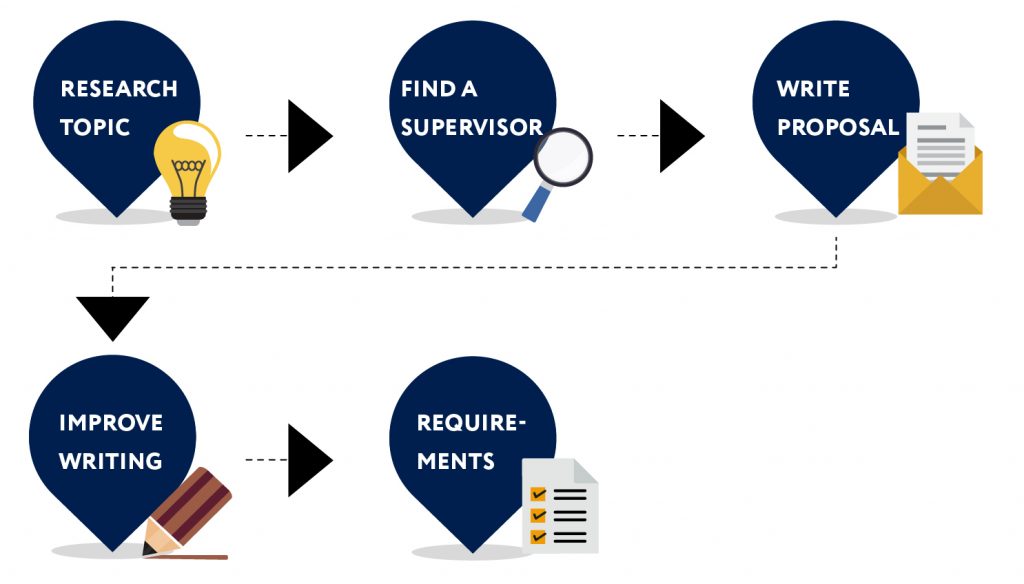JAKARTA, studyinca.ac.id – Research grants play a crucial role in advancing innovation and discovery within academic institutions. These funds enable researchers to explore new ideas, conduct experiments, and contribute to the body of knowledge across various disciplines. This article delves into the significance of research grants, the types available, strategies for securing funding, and tips for maximizing the impact of your research.
The Importance of Research Grants

1. Fueling Innovation
Research grants provide the financial resources necessary to explore innovative ideas and conduct groundbreaking studies. They empower researchers to push the boundaries of knowledge and drive advancements in their fields.
2. Supporting Collaboration
Many research grants encourage collaboration between departments, institutions, and even industries. This collaborative approach fosters interdisciplinary research, leading to more comprehensive solutions to complex problems.
3. Enhancing Academic Reputation
Securing research grants can enhance the reputation of both the researcher and the institution. Successful grant applications demonstrate the viability and importance of the research, attracting further funding and attention.
4. Providing Resources for Student Engagement
Research grants often fund projects that involve students, providing them with hands-on experience and opportunities to engage in meaningful research. This not only enriches the students’ educational experience but also contributes to the development of future researchers.
Types of Research Grants
1. Government Grants
Government agencies, such as the National Institutes of Health (NIH) and the National Science Foundation (NSF), offer various grants to support research across disciplines. These grants often have specific eligibility criteria and application processes.
2. Private Foundation Grants
Private foundations and non-profit organizations provide funding for research initiatives that align with their missions. These grants can be more flexible in terms of funding areas and application requirements.
3. Institutional Grants
Many universities and colleges offer internal grants to support faculty and student research. These grants can be a great starting point for new researchers looking to build their portfolios.
4. Corporate Sponsorships
Some companies offer grants or sponsorships for research that aligns with their business interests. These partnerships can provide significant funding and access to industry resources.
Strategies for Securing Research Grants
1. Identify Funding Opportunities
Start by identifying potential funding sources that align with your research goals. Use databases such as Grants.gov, Foundation Center, and university research offices to find relevant grants.
2. Develop a Strong Research Proposal
A well-crafted research proposal is essential for securing funding. Clearly outline your research objectives, methodology, expected outcomes, and budget. Make sure to tailor your proposal to the specific requirements of each grant.
Tip: Seek feedback from colleagues or mentors before submitting your proposal to ensure clarity and effectiveness.
3. Build Collaborations
Collaborating with other researchers or institutions can strengthen your proposal. Highlighting interdisciplinary approaches and partnerships can make your application more competitive.
4. Understand the Review Process
Familiarize yourself with the grant review process for each funding source. Understanding the criteria and priorities of the funding agency can help you tailor your proposal effectively.
5. Stay Organized
Keep track of deadlines, application requirements, and submission processes for each grant. Use project management tools or calendars to ensure you stay on top of your applications.
Tips for Maximizing Research Impact
1. Disseminate Your Findings
Once your research is complete, share your findings through publications, presentations, and community outreach. Disseminating your work increases its visibility and impact.
2. Engage Stakeholders
Involve stakeholders, such as community members, policymakers, and industry representatives, in your research process. Their insights can enhance the relevance and applicability of your work.
3. Seek Additional Funding
After securing initial funding, look for additional grants or sponsorships to expand your research. Demonstrating the success of your initial project can attract further investment.
4. Build a Research Network
Networking with other researchers, attending conferences, and joining professional organizations can open doors for future collaborations and funding opportunities.
5. Evaluate and Reflect
Regularly evaluate the impact of your research and reflect on your processes. This can help you identify areas for improvement and enhance your future grant applications.
Conclusion
Research grants are vital for funding innovation and discovery on campus. By understanding the types of grants available, developing strong proposals, and maximizing the impact of your research, you can significantly contribute to your field and advance your academic career.
Embrace the opportunities that research grants provide, and you’ll not only enhance your own work but also contribute to the broader pursuit of knowledge and innovation in your community and beyond.
Improve Your Abilities: Explore Our content on Knowledge
Take a Look at Our Latest Article on Cultural Events!

